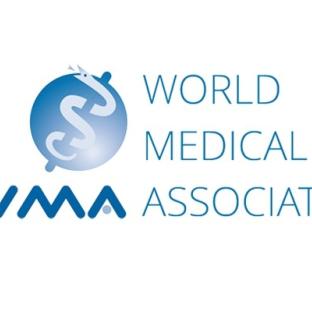The World Medical Association (WMA), an international organisation representing physicians and national medical associations worldwide, has adopted a new statement on dementia at its 76th General Assembly in Porto in October 2025. The WMA develops policy guidance on medical ethics, public health and professional standards for doctors across more than 100 countries. The new statement sets out clear recommendations for inter-national bodies, governments and the medical profession. It calls on the World Health Organization (WHO) to recognise dementia as one of the major non-communicable diseases and to strengthen its collaboration with governments, national Alz-heimer associations and the WMA in raising global awareness. National governments are urged to make dementia a public health priority by developing comprehensive national dementia strategies with defined targets, indicators, funding and monitoring mechanisms.
The statement further recommends that governments support risk-reduction programmes that overlap with those for other major non-communicable diseases, promote dementia-friendly initiatives and establish structured support for informal carers, including respite services, financial assistance and mental-health resources. Increased funding for dementia research is also encouraged, both at national level and through international cooperation. For the medical profession, the WMA highlights the need to strengthen physicians’ education on dementia to ensure timely diagnosis and appropriate management, to recognise that people with dementia may have distinct needs when being treated for other conditions, and to work with other stakeholders to promote high-quality care. The statement also calls for wider participation in clinical trials on Alzheimer’s disease and other dementias, alongside research into sustainable models of long-term care. The full WMA Statement on Dementia is available here:
https://www.wma.net/policies-post/wma-statement-on-dementia/
